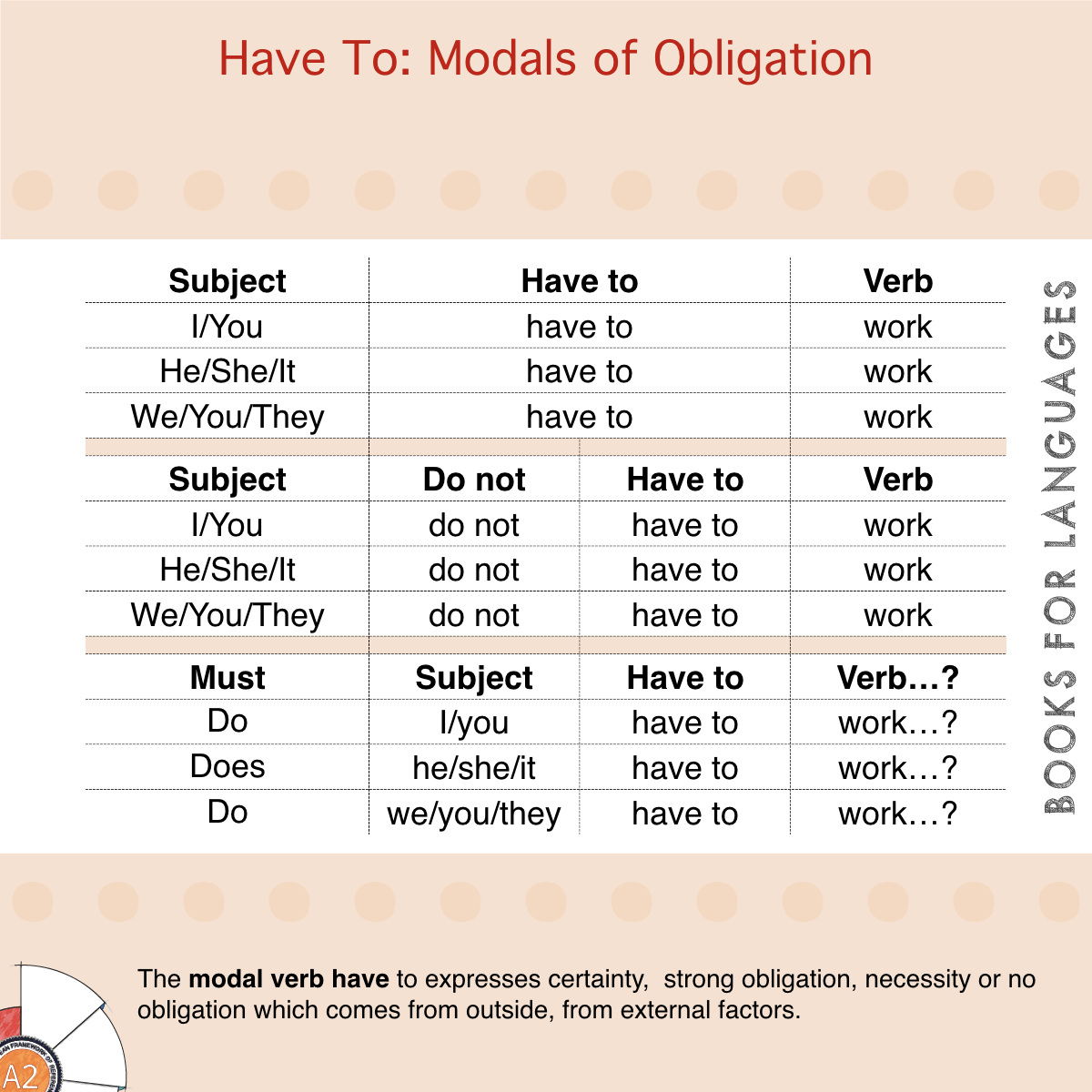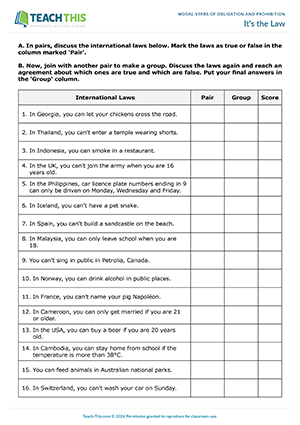

There are various ways in which ‘could/couldn’t’ can be used, as explained below-Ĭould/Couldn’t can be used as the past tense of can/can’t as shown in the examples below. In the above sentences Modal Verb ‘can’ is used to make requests, but its Negative form can be used to make refusals as demonstrated below. Can you call me after some time? (request).Modal Auxiliary Verb ‘can’ can be used to make requests as shown in below example sentences. The above sentences express that a particular event is impossible or is not expected under normal circumstances. The negative form of ‘can’ can also be used to express Non Possibility or Disbelief as expressed in the examples below. Please note that ‘can’ only expresses a possibility but not certainty. That is, if two languages are learned, then it can be difficult and it can be helpful to call the police. Riding without helmet can be dangerous.Īll the above sentences express the nature of the outcome, if a particular action is taken.Learning two languages can be difficult.b) To Express Possibility or Non Possibility.Oliver can’t perform two tasks at a time.‘Cannot ‘is also expressed as ‘can’t’ in short form.


Oliver can perform two tasks at a time.Modal Auxiliary verb ‘can’ is used to express ability, request and possibility, as we will see in the following examples. We will briefly go through what does each of Modal Verb expresses with the help of Example Sentences. What Do they Express?Īs we know that Modal Auxiliary Verbs facilitate the main verbs and express possibility, expectation, permission etc. The following are the frequently used Modal Auxiliary Verbs in English-Ĭan, could, will, would, shall, should, may, might, must and ought.


 0 kommentar(er)
0 kommentar(er)
